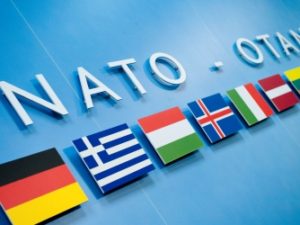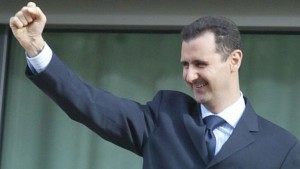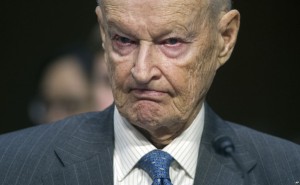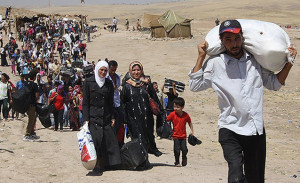Here’s a quick pop quiz question for you …
Of all the alliances that included the United States, which of them was deemed the most crucial and which of them has lasted the longest?
Time’s up!
The answer is the North Atlantic Treaty Organization, formed in 1949 as the Cold War was reaching a fever pitch. It was formed as a defense alliance against the military threat posed by the Soviet Union and its bloc of nations against Western Europe.
Its mission has changed a bit since 1991, when the Evil Empire collapsed. The Soviet Union no longer poses a threat, but Russia does.
So, what does the Republican Party’s presidential nominee, Donald J. Trump, propose to do? He wants to establish financial conditions on whether the United States would honor its treaty obligations in case Russia were to attack, say, any or all of the Baltic States.
Trump told the New York Times that if he’s elected president that he would examine whether a threatened NATO nation had upheld its financial responsibilities as part of the defense pact. I mention the Baltic States because they once were Soviet provinces, but they became independent as the Soviet Union fell; Russia has been making some noise about re-annexing Lithuania, Estonia and Latvia, all of which are now NATO members.
With that statement, Trump has proposed a fundamental rewriting of our oldest post-World War II military alliance.
According to the New York Times: “The United States created the 28-nation alliance, and Article 5 of the NATO treaty, signed by President Truman, requires any member to come to the aid of another that NATO declares was attacked. It has been invoked only once: NATO pledged to defend the United States after the Sept. 11, 2001, attacks.”
Yes, we’ve been a charter member of the United Nations, which was formed in 1945. I’m wondering if Trump — in stating his nationalist fervor — is going to propose we withdraw from the U.N. as a sop to the TEA Party faction with the GOP that has been supporting his presidential candidacy.
GOP presidential nominee Mitt Romney in 2012 called Russia the nation’s No. 1 geopolitical threat. Given that hindsight provides such clarity, Romney’s view now appears to be quite prescient.
Trump now is going to put conditions on whether we rise to the defense of a NATO member nation. Are they paying their bills? Have they made good on maintaining their financial obligations to NATO? Are we going to let the citizens of a country under attack be subjected to the tyranny that Russian rule would bring to them because their government hasn’t paid their fair share of the cost associated with NATO membership?
How many more examples is the GOP presidential nominee going to provide that demonstrate his absolute ignorance of geopolitical alliances before it sinks in that he is unfit for the office he seeks?
Great nations do not go back on their word to protect their allies.



